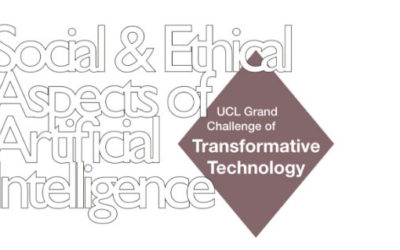Further Reading and Resources:
Artificial Intelligence (AI)
AI provides computers with the ability to make decisions and learn without explicit programming. AI technologies power intelligent personal assistants, such as Apple Siri, Amazon Alexa, ‘Robo’ advisors and autonomous vehicles.
There are two main branches:
Knowledge-Based Systems (KBS)—are computer programs that reason, and knowledge is explicitly represented as ontologies or rules rather than implicitly via code. KBS can be subdivided into:
- Rule-based systems—is one whose knowledge base contains the domain knowledge coded in the form of event-condition-action, such as using IF-THEN or IF-THEN-ELSE rules.
- Case-based reasoning—a form of the so-called expert systems that base decision-making on prior case experience, instead of on a pre-defined rule set.
Machine Learning—is a type of AI program with the ability to learn without explicit programming, and can change when exposed to new data. Subdivisions include:
- Supervised learning—is the task of inferring a function from labelled training data, where training data consist of a set of training examples.
- Unsupervised learning—is the task of inferring a function to describe the hidden structure from unlabeled data.
Other AI technologies important for government-citizen interaction are natural language processing (NLP) and sentiment analysis:
Natural Language Understanding—the application of computational techniques to the analysis and synthesis of natural language and speech.
Sentiment Analysis—the process of computationally identifying and categorising opinions expressed in a piece of text.
These technologies are important for applications such as monitoring public opinion, policy and fraud detection.
Related Papers and Publications

Algorithmic Government - The Computer Journal
Paper #02
Paper #03
Paper #03

Next GovTechLab Event
Latest News
Ethics and Digital Policy (UCL STEaPP)
In this blog, Dr Ine Steenmans and Prof Joanna Chataway, from the Department for Science, Technology, Engineering and Public Policy (UCL STEaPP), offer their initial position concerning the discussions at the first UCL Digital Ethics Forum. Dr Ine Steenmans is a...
read moreDigital Ethics Forum (Interdisciplinarity at UCL)
On May 1st, 2019, the initial meeting of the UCL Digital Ethics Forum was held. GovTech Lab’s Dr. Zeynep Engin directed this initiative, with GovTech Lab’s Prof. Philip Treleaven, Dr. Catherine Mulligan (CTO) and Dr. Emre Kazim all in attendance and participating. The...
read moreDr. Catherine Mulligan reports on her attendance at the Nordic-Baltic Security Summit (Estonia, April 2019)
I recently attended the Nordic-Baltic Security Summit in Tallinn, where I presented on two areas that I have been working on for a very long time - Data Supply Chains, blockchain and the security implications of both. I have been growing quite concerned about data...
read more



